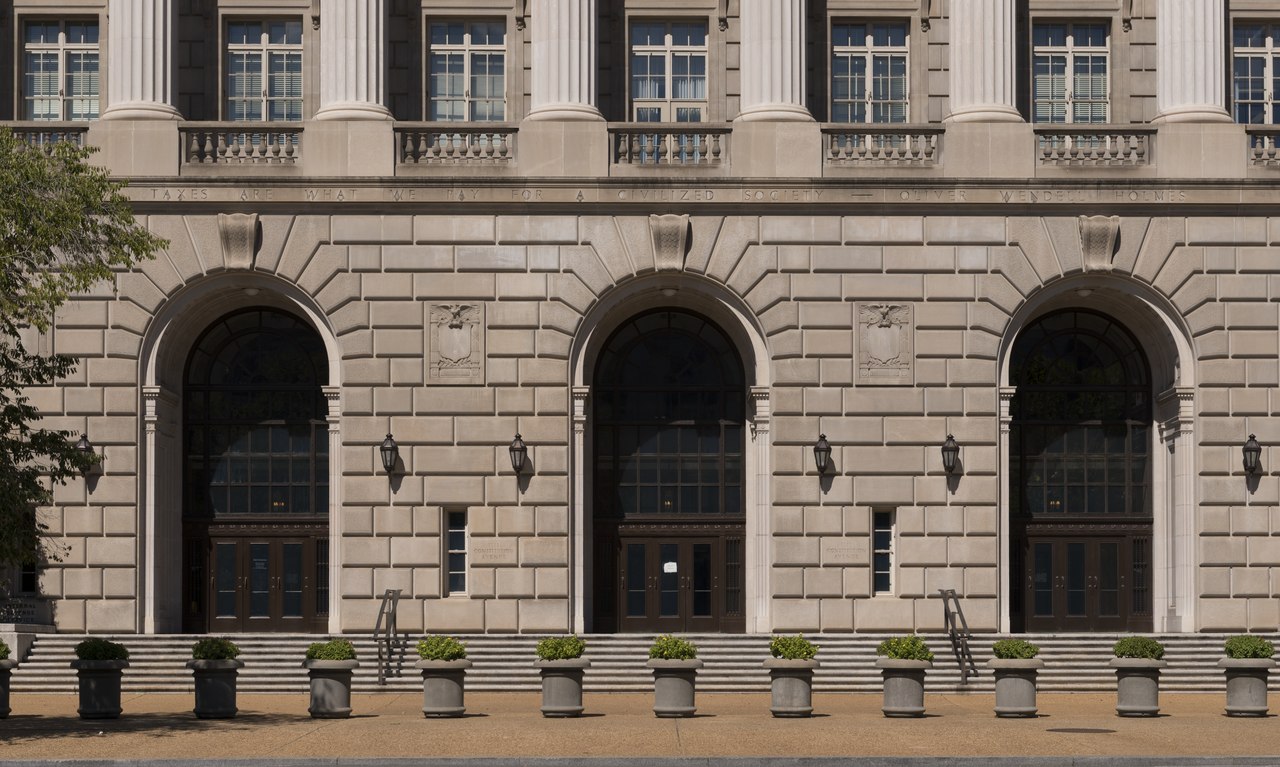If you’re an entrepreneur in the cryptocurrency space, you need to learn about financial regulation quickly. A great first step is learning about the major financial regulators in the industry.
We’re continuing our series of cryptocurrency compliance 101 posts to help cryptocurrency business owners understand the regulatory landscape, its nuances, and what steps need to be taken to strengthen their compliance. Today we’re looking at the federal financial regulatory groups; who they are, what they do, and what specific rules they hand down to MSBs operating in the crypto space.
Besides the federal agencies we’ll cover, do not forget that each state has its own financial regulatory agencies with unique rules that your business needs to follow if you are doing business in that state.
But if you’re running a cryptocurrency MSB anywhere in the United States, your business definitely falls under the purview of the following groups. Get to know them and keep an eye on their movements in the cryptocurrency space so that you don’t miss important changes in a rapidly changing environment.
 Let’s get started with…
Let’s get started with…
The Internal Revenue Service (IRS): A Partner In Regulating Crypto MSBs
The same agency every American becomes reacquainted with come April plays a key regulatory role in the effort to combat money laundering and other financial crimes.
Together with FinCEN (we’ll cover them next), the IRS is the primary examiner of Money Services Businesses (MSBs) in the United States. As we’ve written before, most crypto businesses are considered MSBs or money transmitters by regulators, and are thus required by law to develop the same compliance practices as traditional MSBs.
This means registering with the federal government, developing an anti-money laundering program so that your business isn’t used by financial criminals for illicit gain, reporting suspicious activity, and seeking state-level licensure (or clarification as to whether licensure is required of you) from the state within which you are headquartered.
In its partnership with FinCEN, the IRS’ primary role in anti-money laundering enforcement is examining the AML fitness of MSBs. This means that if you are running a cryptocurrency business, the fitness of your AML program, policies, and practices is ultimately the concern of the IRS.
FinCEN, Financial Crimes Watchdog
The Financial Crimes Enforcement Network (FinCEN) is a United States government agency that collects information about financial transactions in an effort to combat various financial crimes like money laundering and terrorist financing.
Along with the IRS, FinCEN plays a major role in anti-money laundering enforcement.
The agency is uniquely tasked with implementing, administering, and enforcing compliance with the Bank Secrecy Act (BSA), which, as we’ve covered before, is arguably the centerpiece legislation pertaining to financial compliance in the United States. It is what gives us the pillars of BSA/AML compliance, to which every MSB must adhere in order to run a successfully compliant operation.
Many federal and state agencies have not yet issued detailed and specific rules for cryptos. FinCEN is one of the few to have addressed crypto MSBs directly; first and foremost, the agency requires cryptos to register as MSBs with the U.S. Department of Treasury (with limited exception).
FinCEN also requires MSBs in the crypto space to be compliant with all reporting requirements and is uniquely authorized by the Secretary of the Treasury to assess civil penalties.
Bottom line, the agency is tasked with monitoring all financial institutions for money laundering, and this includes cryptocurrencies.
OFAC (Office of Foreign Assets Control)
The Office of Foreign Assets Control (OFAC) is in charge of enforcing economic and trade sanctions. They have the authority to monitor and freeze transactions and funds of individuals or operations if they are found to be in violation of domestic policy, or on a watchlist promulgated by the agency. This authority extends to cryptocurrency transactions as well.
 Additionally, OFAC adds individual wallet addresses to their blacklist if they are found to be in connection with illegal activity or tied to people of interest. To say that conducting business with those on the list is going to be bad for business is an understatement; in this case, it is absolutely critical to avoid.
Additionally, OFAC adds individual wallet addresses to their blacklist if they are found to be in connection with illegal activity or tied to people of interest. To say that conducting business with those on the list is going to be bad for business is an understatement; in this case, it is absolutely critical to avoid.
OFAC will issue civil penalties, steep fines, and other enforcement actions on you if you are found to be conducting business with anyone on its list (and in case there is any doubt as to the agency’s seriousness here, look to the recent settlement with BitGo, which was fined $98,830 for 183 violations of sanctions programs).
Staying out of trouble with OFAC is a matter of conducting proper KYC on every transaction, and checking customer names against the proper OFAC lists regularly.
Pro tip: inadequate OFAC screening is a common weakness in the KYC processes of cryptos we perform annual AML reviews for. You have to do more than just check the name and number of a customer.
To give you a taste of the complexity of OFAC screening, we often recommend cryptos check their customers against OFAC lists for both Specially Designated Nationals (SDNs) and Sanctions Programs and Country Information.
In short, SDNs are persons in politically compromised positions (either politicians themselves, or relatives of the same) who could be targeted for blackmail or bribes, among other financial crimes. Doing business with them isn’t strictly prohibited, but it can be risky.
Sanctions Programs and Country Information refers to countries with which doing business is strictly prohibited. Think North Korea or Iran. Under no circumstances are cryptos to do business with nationals of countries on OFAC’s sanctions lists.
It can get complicated, so to make sure you have your screening procedures air-tight, you can contact us for a consultation.
But let us emphasize again: Everyone a financial institution does business with must be screened through an OFAC search without exception. You need to check your customer’s information against OFAC watchlists and report any matches you find.
CFTC (Commodities Futures Trading Commission)
The Commodities Futures Trading Commission (CFTC) oversees commodity trading.
Why does this matter for cryptocurrency? Some consider cryptocurrencies like Bitcoin to be commodities, and certain actions could fall under the purview of the CFTC.
Futures trading isn’t typically an area we deal with much at BitAML, but the CFTC does have an information page where they discuss the kinds of activities that may fall under their regulatory view, which you can view here.
Just know that depending on your services and activities, you may be obligated to comply with CFTC regulation.
Key Takeaways for Crypto MSBs
These are the four main government agencies that you need to understand and be in compliance with if you operate or are thinking about opening an MSB or other crypto-related business.
Though we have given a brief overview of each agency and their policies on cryptocurrency compliance, their regulatory reach into the space will continue to change and expand as the cryptocurrency industry grows. For that reason, you should make every effort to stay up-to-date on any relevant news from these regulators.
Understanding these regulators is vital to operating a successful and compliant business and preventing legal and financial trouble down the road.
If you need help navigating these (and state-level) financial regulators and designing and enforcing policy that is compliant with their rules and guidelines, contact BitAML for a free consultation today.


